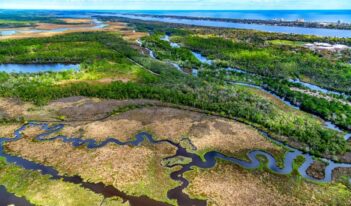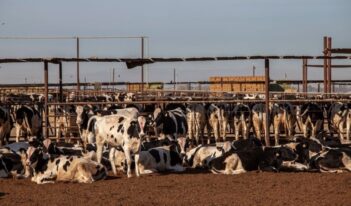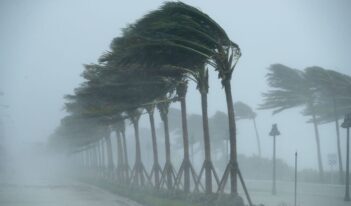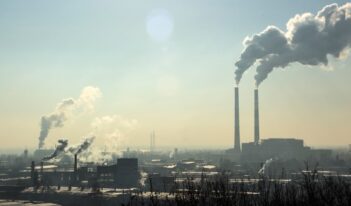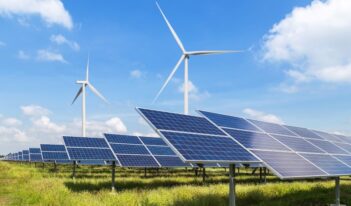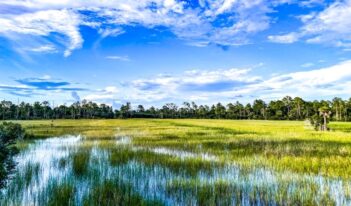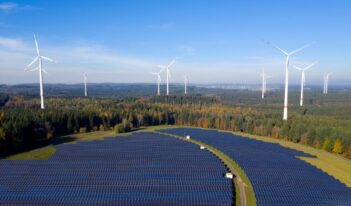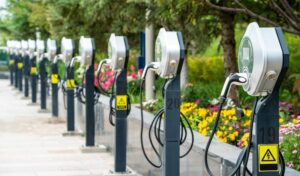Seeking Suggestions on Noise Pollution
Scholars recommend policies to address the harms of excessive noise.
The Supreme Court’s Wetland Saga Continues
Rejecting federal agencies’ interpretation of the Clean Water Act, the Supreme Court limits the application of federal law over wetlands.
Domestic Animals, Wild Emissions
Scholars address regulatory struggles to rein in greenhouse gas emissions from agriculture.
Is the Welfare State Ready for the Climate Crisis?
Scholar advocates making disaster assistance more reliable, accessible, and portable.
The Pervasive Problem of Forever Chemicals
Experts discuss challenges in regulating PFAS chemicals and suggest opportunities for finding solutions.
Improving Community Involvement in Air Pollution Permitting
Scholar argues that technical assistance grants can spur meaningful involvement in permit decisions.
Technology, Not Subsidies, Is the Key to Electrification
Proponents of electrification often overlook its economic drawbacks, including inefficiencies from subsidizing new technologies.
Leveraging Nature-Based Solutions to Tackle Climate Change
New joint agency report recommends nature-based solutions to protect frontline communities from climate risks.
The Green Clash Between Renewables and Conservation
Scholars argue that federal agencies can conserve land and still increase renewable energy output.
Confronting the Public Health Threat of Septic Tanks
As climate change amplifies the risks of septic tanks, lawmakers must act to protect their communities.
Electrifying Environmental Justice
Scholar urges federal land regulators to protect Native American communities from mining harms expected from the transition to electric vehicles.
Solving the Pedestrian Safety Crisis
Scholar explains how NHTSA can regulate to ensure pedestrian safety.


